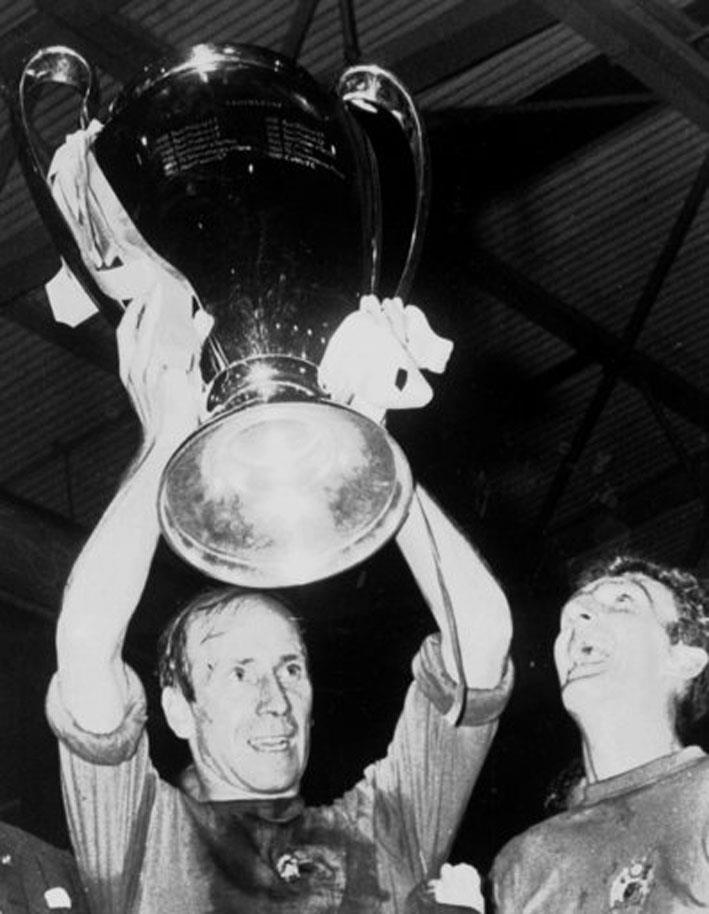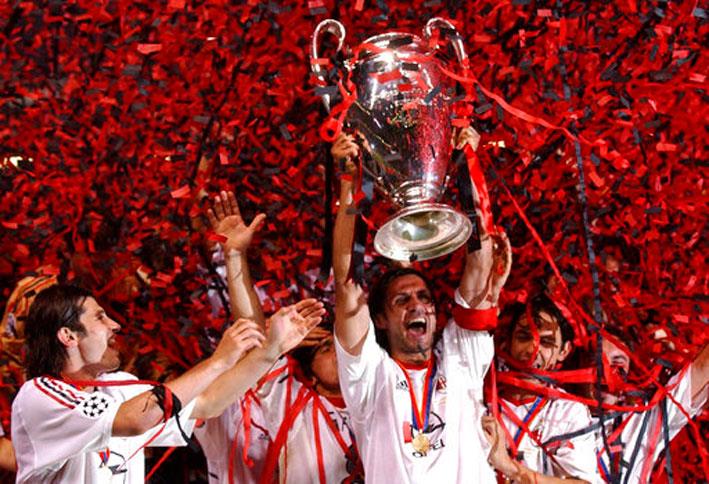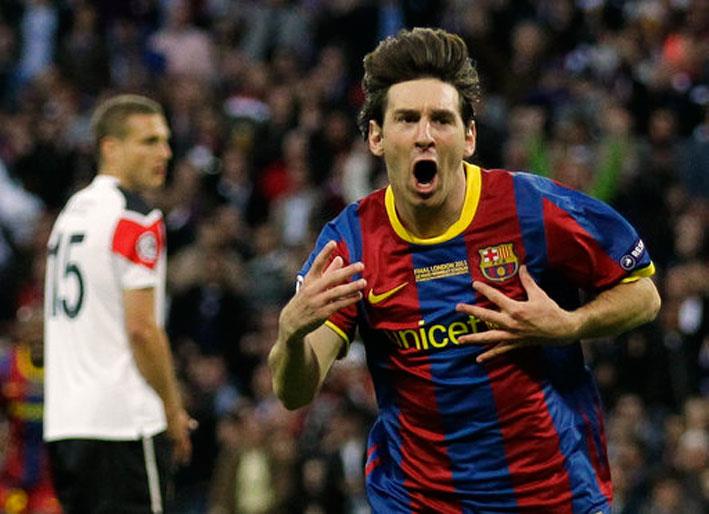The Millennium Stadium will become the fourth British ground to host a European Cup final when Real Madrid faces Juventus on Saturday.
Built for the Rugby World Cup in 1999, the stadium in Cardiff has been used for a variety of purposes, including hosting the Rolling Stones and six FA Cup finals when Wembley Stadium was being rebuilt.
It is widely considered to be one of Europe's pre-eminent sporting arenas, equipped with a retractable roof.
The Millennium Stadium was handed the honor of hosting the Champions League final at a time when Welsh soccer is enjoying one of its most successful eras with Real Madrid forward Gareth Bale leading the way.
Following Glasgow's Hampden Park, London's Wembley Stadium and Manchester's Old Trafford, Saturday will represent the 12th time Britain has hosted the final - more than any other country.
Here's a look at some of the more memorable finals that have taken place in Britain.

1960
Real Madrid won its fifth straight European Cup in front of a crowd of more than 127,000 at Hampden Park, Scotland's national stadium. Madrid's performance against German club Eintracht Frankfurt is widely considered to be one of the greatest by a club team. Hungary forward Ferenc Puskas scored four of the goals while Argentina great Alfredo Di Stefano added the other three as Madrid won 7-3.

1968
Manchester United's 4-1 victory over Portuguese club Benfica at Wembley came 10 years after the Munich air disaster, which killed 23 people, including eight United players. The crash occurred after the team's plane refueled in Munich following the team's two-leg victory over Red Star Belgrade in the quarterfinals of the European Cup. United coach Matt Busby, one of the 21 survivors, rebuilt the team with attack in mind, notably in the form of the young Northern Ireland winger George Best and England forward Bobby Charlton, another 1958 survivor who scored two in the final.

1971
Dutch club Ajax beat Greek champion Panathinaikos 2-0 at Wembley to win the first of three consecutive European Cups. The team would provide the core of the Netherlands national team, runner-up in the World Cups of 1974 and 1978. Johan Cruyff was ostensibly Ajax's central striker but the team's "total football" meant every player was interchangeable.

1978
Liverpool became the first English team to win the European Cup twice when it beat Belgian club Club Bruges at Wembley. Kenny Dalglish scored the lone goal to retain the trophy. Wembley did not host another final until 1992, largely because English teams were banned from European competitions after the Heysel Stadium disaster at the 1985 European Cup final between Liverpool and Juventus, when 39 people died.

2002
Real Madrid returned to a lower-capacity Hampden Park, scene of perhaps its greatest triumph, to face German club Bayer Leverkusen. The 2-1 victory gave the Spanish team its third European Cup in five seasons. France great Zinedine Zidane scored the winner with a spectacular left-footed volley.

2003
Old Trafford became the third British stadium to host a Champions League final. Unfortunately for those present in Manchester, the match between AC Milan and Juventus was a dour affair that ended 0-0. Milan won the ensuing penalty shootout 3-2. The final was the second involving teams from the same country. Juventus will be looking to bring an end to its losing streak of three in European Cup finals in Cardiff on Saturday.

2011
Barcelona's recent era of dominance in the Champions League was perhaps best-illustrated when the team beat Manchester United 3-1 at Wembley, hosting its sixth of a record seven European Cup finals. A team containing Lionel Messi and a large chunk of the world champion Spanish national team won its third European Cup in six seasons.